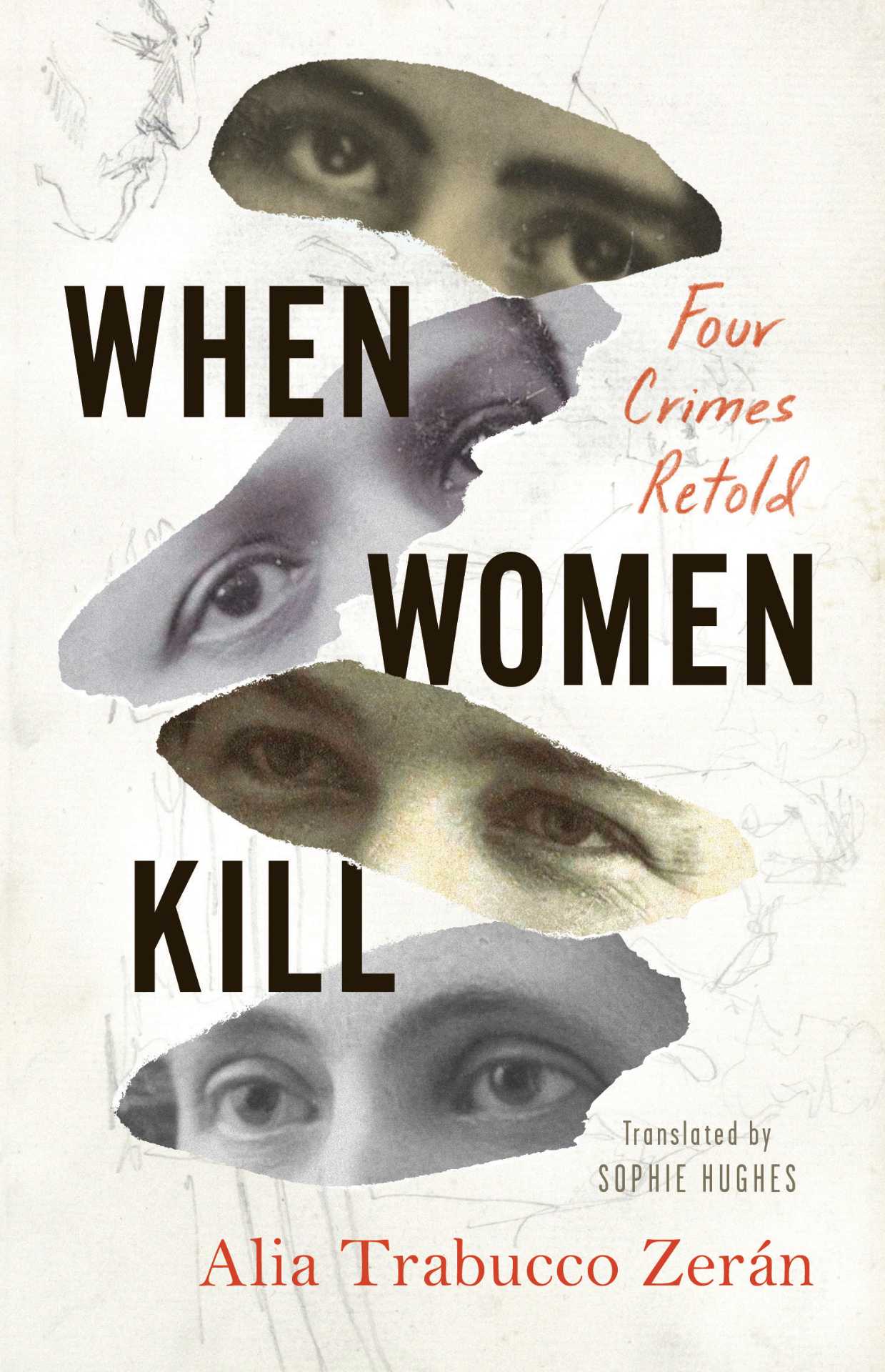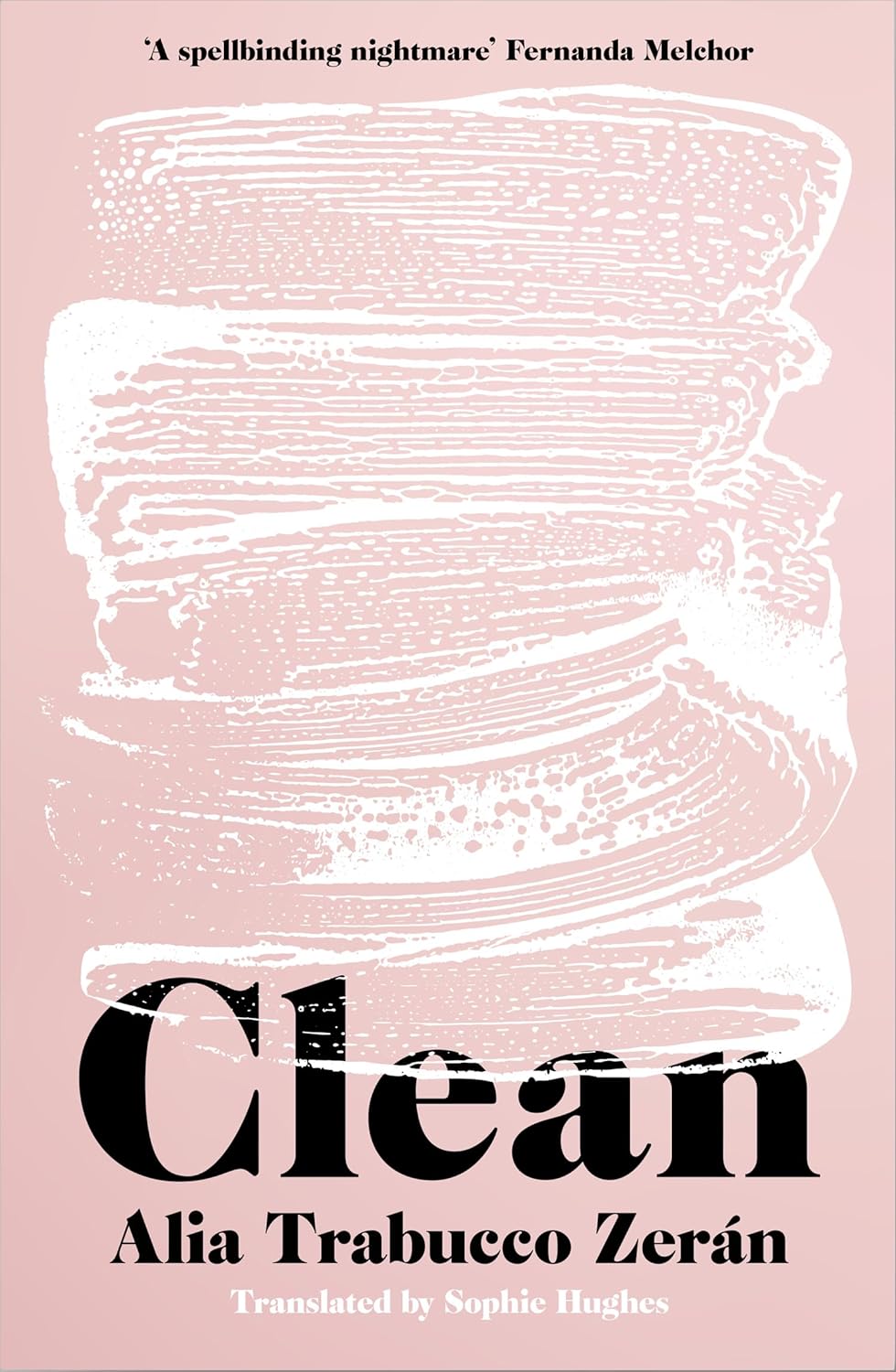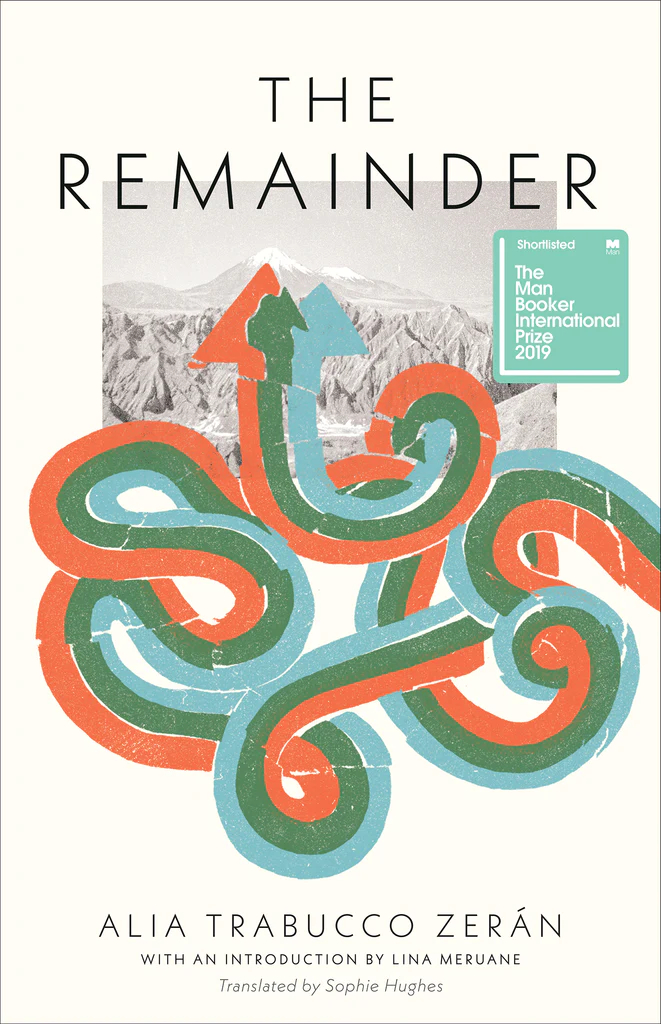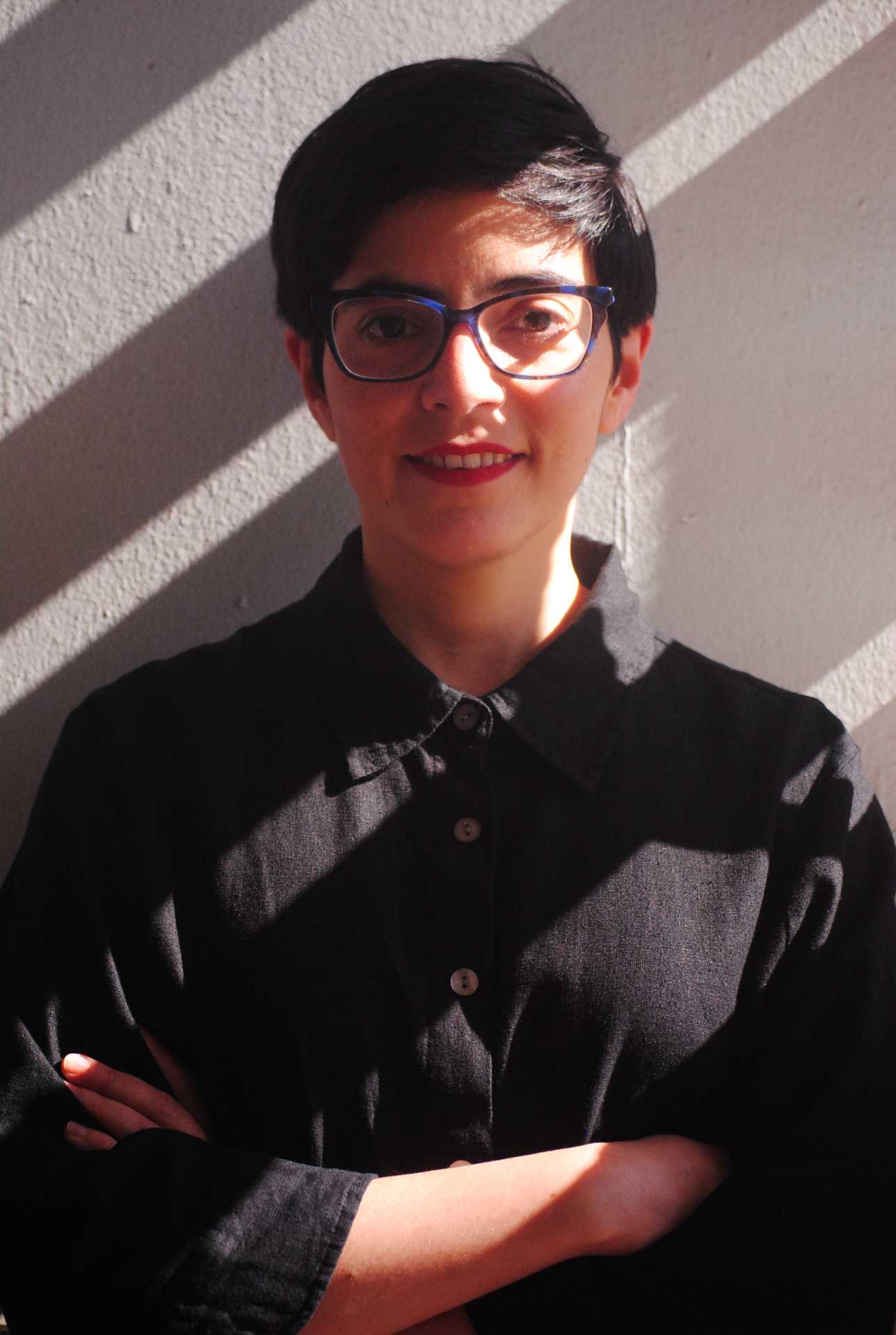When Women Kill (Las homicidas)

Winner of the British Academy Book Prize for Global Cultural Understanding 2022
Finalist for the 2022 National Books Critics Circle Award in Criticism
To be adapted by Netflix in association with the Chilean production company Fábula into a feature film entitled LA HOMICIDA and directed by the brilliant Maite Alberdi
Translated into English by Sophie Hughes
Novelist Alia Trabucco Zerán has long been fascinated not only with the root causes of violence against women, but by those women who have violently rejected the domestic and passive roles they were meant by their culture to inhabit. Choosing as her subject four iconic homicides perpetrated by Chilean women in the twentieth century, she spent years researching this brilliant work of narrative nonfiction detailing not only the troubling tales of the murders themselves, but the story of how society, the media and men in power reacted to these killings, painting their perpetrators as witches, hysterics, or femmes fatales . . . That is, either evil or out of control. Corina Rojas, Rosa Faundez, Carolina Geel and Teresa Alfaro all committed murder. Their crimes not only led to substantial court decisions, but gave rise to multiple novels, poems, short stories, paintings, plays, songs and films, produced and reproduced throughout the last century. In When Women Kill, we are provided with timelines of events leading up to and following their killings, their apprehension by the authorities, their trials and their representation in the media throughout and following the judicial process. Running in parallel with this often horrifying testimony are the diaries kept by Trabucco Zerán while she worked on her research, addressing the obstacles and dilemmas she encountered as she tackled this discomfiting yet necessary project.
“A highly original and beautifully written work, which uncovers uncomfortable truths about a society and its attitudes to female homicides. This is a timely and important work that invites the reader to reconsider the relationship between gender and violence—not just in Chile but globally. Trabucco Zerán has applied her legal training to the creation of this outstanding book, reminding us that research takes many forms and is not only the preserve of the academic world.” —Judges’ citation, British Academy Book Prize for Global Cultural Understanding
‘Tales of love and hate, exposed with a forensic and lyrical power that is rare, brilliant and deeply affecting.’ Philippe Sands
“Using court records, newspaper articles and museum exhibits—which she punctuates with her own whip-smart diary entries—Trabucco Zerán reconstructs each crime scene, backdrop and all.” —The New York Times
“A Chilean author reconstructs the details of four significant 20th-century murders orchestrated by Chilean women. (…) Rather than further sensationalizing these crimes, the author uses these women’s action—and, perhaps more importantly, the public reaction to their stories—to reflect on society’s shifting attitudes about gender, anger, violence, and the law. (…) Interspersed with cogent feminist analyses of the crimes and the public and media reactions of the time, Trabucco Zerán includes diary entries describing her personal experience with the research, infusing the book with a fascinating memoirlike quality and rendering the narrative voice both personal and relatable … Throughout, the language is both precise and evocative, and the author’s evaluation of the various circumstances is readable, trenchant, and intersectional. … A formally inventive, lyrical, feminist analysis of Chile’s famous female murderers.” – Kirkus Review
“Another look at what brings people to the breaking point comes from Alia Trabucco Zerán in When Women Kill, translated by Sophie Hughes. Upon its 2020 release in Zéran’s native Chile as Las Homicidas, many people misread the title as “women who are killed” rather than “women killers,” according to Lizzie Davis, Zéran’s editor; the author, she says, realized that it’s easier for people to imagine a dead woman than a woman who’s prepared to kill. The book examines four homicides by Chilean women in the 20th century, and “the ways that women’s anger can be taken seriously, not dismissed as hysterical,” Davis says. “She highlights this parallel narrative of society and the media’s portrayal of women, plus the reaction of the political establishment and how they were prosecuted. She engages seriously with sociopolitical structures.”– Publisher’s Weekly
"[Trabucco Zerán's] training in the law is as vital to her second book, When Women Kill, as her considerable literary gifts. . . . [When Women Kill] will speak to any reader seeking a serious consideration of female violence, or anyone who appreciates . . . an ethical approach to true crime." – NPR
“When Women Kill takes on an ambitious series of goals—to recount the stories of four killings, to find connections between all of them, and to show how they relate to a societal progression in Chile. To her credit, she succeeds—and the resulting work is one that true crime buffs and fans of cultural history can appreciate in equal measure.” Words Without Borders
“Thrilling fusion of true crime and investigative memoir (…) Exquisitely translated by Sophie Hughes, When Women Kill conveys the wonder of a writer determined to uncover the truth about factual events by using story. In that sense it is really a book about the power of the imagination.” –Times Literary Supplement
‘'This book fascinates, illuminates and horrifies in equal measure ... It’s an elegant examination of how the act of murder uncovers truths society never wants to confront.' Herald Scotland
“A vital and beautifully written book. . . . Equal parts essay, detective story, diary, and feminist discourse, its most moving and brilliant moment may be when Trabucco Zerán dramatizes the only case not yet depicted in art: the portrait of a new Medea, tragic and unsettling, but more than that, transgressive, hungry for another life.” —Giuseppe Caputo
“An outstanding work of archival research. Trabucco Zerán incorporates her diary into her investigation. A smart, rigorous, and necessary book.” —Liliana Colanzi, El País
“This essay turns a stark gaze upon the condition of women in Chile in the last century.” —Nona Fernández
“When Women Kill is a magnificent work of creative nonfiction: provocative, intelligent, and moving. In it, Alia Trabucco Zerán makes use of her talents as a writer and researcher to reconstruct the complex stories of four women accused of violent crimes in the twentieth century. The result is a masterful and pertinent account full of humanity and emotion.” —Fernanda Melchor
“This brilliant essay paints a cogent and unsparing portrait of the rhetorical operations of the patriarchy.” —Lina Meruane



